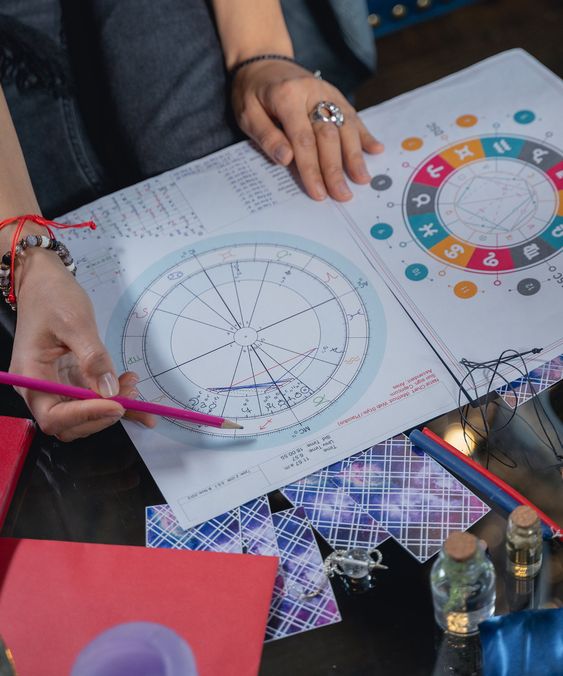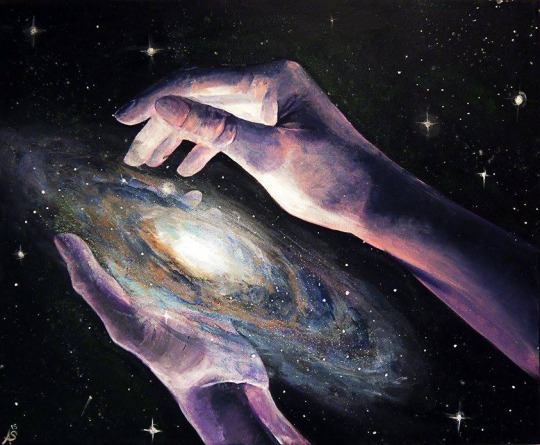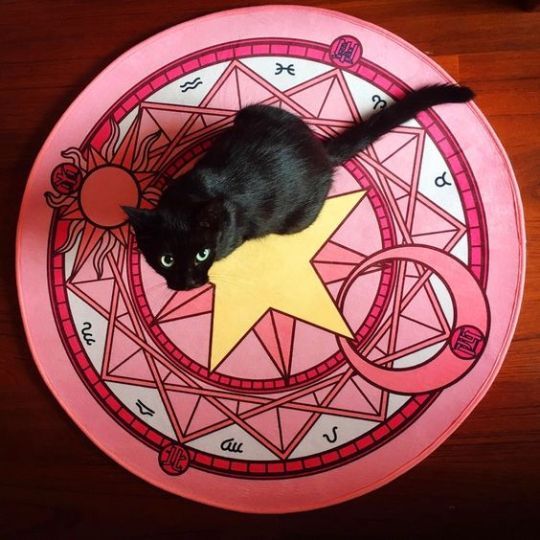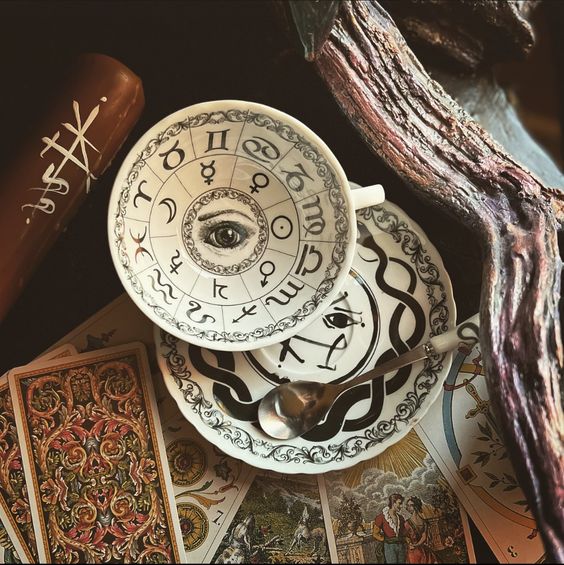
Astrology: Psychological Problems
 Question: Do astrological charts have any value for analysing psychiatric disorders?
Question: Do astrological charts have any value for analysing psychiatric disorders?
It is quite improbable that a person’s astrological chart will reveal any symptoms of mental illness. Although a person’s horoscope can shed light on certain challenges, it cannot indicate every problem a person faces.
Want to expand your knowledge of potential health and personality issues? As a fascinating read, The Encyclopedia of Psychological Astrology is highly recommended. Issues from the fields of pathology and psychology are covered throughout the book.
In the following part, we will look at a few specific cases:
Irritability: Arises generally from bad aspects between Mars and Uranus, especially if the asc., Moon or Mercury is involved. It is most pronounced in the fiery and watery signs, although the airy ones are inclined to nervous irritation when exhausted. The Cardinals incline to angry outbursts; the fixed to repressed resentment with occasional volcanic fury, and the mutables to irritated outbursts, fuss, and bickerings.
Pedestrianism is a distinctly Sagittarian passion. George Borrow, the apostle of the “open road” school, was a typical Sagittarian; it is related that, when troubled by insomnia, he would often get up and walk thirty miles at a stretch. Where a Sagittarian is found to be averse to walking or sports it is usually found that his Saturn is predominant but in affliction.
Refinement is chiefly manifested under the airy signs, and particularly Libra. Among the others Virgo is considered refined, but exceptions often occur. Most violent bad aspects tend to destroy delicacy of feeling in some direction, but this is particularly likely to be the case if the 5th house and watery signs are involved. A heavy Mars element tends to diminish refinement, even if the aspects are good, and a strong Venus promotes it. The fire signs are often horsey and common (;p), and their high spirits betray them at times into vulgarity. Unless Venus is very weak indeed, however, the native will nearly always respond, more or less easily, to good influences. The nativity must, in such cases particularly, be carefully considered as a whole.
That list doesn’t include any conditions typically associated with mental illness. It’s not very ground-breaking, but it’s interesting to learn more about the author’s thought process behind writing about character traits. We cannot deny that astrology has some capacity to grasp a person’s entire psyche, and it delivers many vital insights into one’s mentality. In The Development of the Personality Seminars, it was argued that astrologers who strongly denied any psychological significance to their work were, at best, uneducated, and, at worst, harmful since they misunderstood the astrological symbols they were using.
Although there is a psychological element to astrology, no professional astrologer would ever diagnose a client based on a chart alone. Each of us has a unique set of difficult and subjective obstacles in the course of a normal day. Cases of extreme insanity, mental instability, or strong neuroticism may not benefit from astrological analysis.
In astrology, the Moon is frequently mentioned because of its connection to insanity. But, it’s possible to exaggerate the significance of some readings, such as the claim that having the Moon on the Ascendant can drive you insane seen in some ancient literature. Often mistakenly labelled as “weak houses” and unlucky, Houses 6, 8, and 12 are actually quite beneficial. In some cases, the genesis of “psychological difficulties” has been linked to the long-term suppression followed by rapid activation of repressed memories (transitioning action). Historically, when astrologers looked at a chart and saw a planet in the 12th house, they automatically assumed that the person was at risk of being institutionalised, imprisoned, or otherwise cut off from society.


















 Moon Conjunct Mars Natal Aspect
Moon Conjunct Mars Natal Aspect
 Sun Square Pluto Synastry: You’ve Got That Power Over Me
Sun Square Pluto Synastry: You’ve Got That Power Over Me
 Venus Trine Mars Synastry
Venus Trine Mars Synastry
 The Scorpio Teenager
The Scorpio Teenager
 Venus Conjunct Neptune Synastry: Euphoria and the Aftermath
Venus Conjunct Neptune Synastry: Euphoria and the Aftermath
 Pluto in Libra in the 2nd House: Lessons on Self-Worth and Financial Independence
Pluto in Libra in the 2nd House: Lessons on Self-Worth and Financial Independence
 Mercury Square Pluto Natal Aspect
Mercury Square Pluto Natal Aspect
 Moon Trine Pluto: Dancing with Shadows
Moon Trine Pluto: Dancing with Shadows
 Scorpio’s Cold Withdrawal
Scorpio’s Cold Withdrawal
 Venus Trine Uranus Natal Aspect
Venus Trine Uranus Natal Aspect
 Venus Opposite Pluto: The Good, but Mostly the Bad and the Ugly
Venus Opposite Pluto: The Good, but Mostly the Bad and the Ugly
 T-Squares
T-Squares
 Sun in the 12th House: From Isolation to Illumination
Sun in the 12th House: From Isolation to Illumination
 Grand Fire Trine: From Adventurous Extroverts to Visionary Introverts
Grand Fire Trine: From Adventurous Extroverts to Visionary Introverts
 Mars-Saturn Synastry: The Eternal Loop
Mars-Saturn Synastry: The Eternal Loop
 Sun Conjunct Uranus Synastry
Sun Conjunct Uranus Synastry
 The Evolution of Sun Square Pluto
The Evolution of Sun Square Pluto
 Moon-Neptune Aspects: A Super Sensitive Soul
Moon-Neptune Aspects: A Super Sensitive Soul
 Uranus Transits the 6th House
Uranus Transits the 6th House
 Pluto Transits the 1st House: What to Expect?
Pluto Transits the 1st House: What to Expect?